The role of a UK Notary Public is a cornerstone of trust and legality in various legal, business, and personal matters. These legal professionals are entrusted with a distinct set of responsibilities that ensure the authenticity, integrity, and legality of documents. One of the most essential aspects of a UK Notary’s role is their independence. In this article, we will explore the independent role of a UK Notary Public and the significance of this independence in the legal and business landscape.
Defining the Independent Role of a UK Notary
A UK Notary Public is a legally trained professional who has undergone specialised education and practical training to carry out notarial functions. Unlike solicitors or barristers, Notaries do not represent or advocate for any party involved in a transaction or matter they are notarising. Their fundamental role is to act as an impartial and unbiased witness to the execution of documents.
Key Aspects of Independence
- Impartiality: UK Notaries are bound by a duty of impartiality. They do not take sides in any legal or business transaction and must ensure that all parties receive fair and equal treatment. This impartiality fosters trust in the process and documents they notarised.
- No Conflict of Interest: A UK Notary must avoid any conflict of interest in their professional activities. This means they cannot notarise documents in which they have a personal or financial interest, ensuring the integrity of the notarisation process.
- Protection of the Vulnerable: In cases where vulnerable individuals, such as the elderly or those with diminished mental capacity, are involved, the Notary’s independence is particularly vital. They must take extra precautions to ensure these individuals are not taken advantage of in the notarisation process.
- Authentication and Verification: UK Notaries play a crucial role in verifying the authenticity of documents, signatures, and the identities of those involved. This independent verification ensures the documents’ legal validity and helps prevent fraud.
- Compliance with Legal Requirements: UK Notaries ensure that documents meet all legal requirements, both in the UK and in foreign jurisdictions when required. They are familiar with international laws and conventions and can guide individuals and businesses through the complex landscape of cross-border transactions.
- Administering Oaths and Affirmations: Notaries are authorised to administer oaths and affirmations. This is a critical function that requires independence to ensure that individuals take their obligations seriously and provide truthful statements in notarised documents.
The Significance of Independence
The independent role of a UK Notary Public is significant for several reasons:
- Legal Trust: Independence instills confidence in the notarisation process, reassuring parties that documents are notarised without bias.
- Preventing Fraud: Independent verification and authentication of documents help prevent fraud and illegal activities, contributing to the overall integrity of the legal system.
- International Recognition: UK Notaries’ impartiality and adherence to international standards make their services recognised and accepted in various foreign jurisdictions, facilitating international transactions.
- Protecting Vulnerable Individuals: The independent role of a UK Notary ensures the protection of vulnerable individuals who may be at risk of exploitation in legal or business matters.
Conclusion
The independent role of a UK Notary Public is fundamental to the legal and business landscape, serving as a pillar of trust and legality. Notaries’ impartiality, independent verification, and adherence to legal standards play a vital role in ensuring the authenticity of documents, preventing fraud, and fostering confidence in various transactions. The independent nature of a UK Notary’s role is a cornerstone of trust, ensuring that documents notarised by them are legally valid and trustworthy, both in the UK and on the global stage


0 Comments